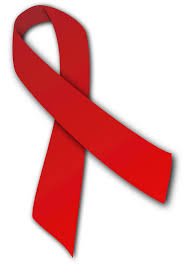The World Health Organisation (WHO) has marked World AIDS Day 2024 by launching a technical document focused on prioritising young people’s rights in the fight against HIV.
The document, revealed on December 2 on the organization’s website and retrived by Africa Health Report, AHR on Monday, emphasises evidence-based interventions to address gaps in HIV prevention, treatment, and care for young people.
This year’s World AIDS Day theme, “Take the rights path: My health, my right!”, underscores the importance of tackling inequities faced by young people living with HIV. WHO’s Maximina Jokonya, Executive Director of the Global Network of Young People Living with HIV (Y+), highlighted the need for peer-driven engagement and empowerment.
“It is essential that peer-driven and meaningful engagement of young people is facilitated,” Jokonya said. “Young people must be at the forefront of accessing services aligned with global standards for adolescent-friendly health care.”
WHO’s new report reveals that stigma, discrimination, and punitive laws continue to hinder young people’s access to HIV services.
To this end, WHO stresses the necessity for a combination of practical, contextual, and sustainable interventions to close these gaps.
The document not only addresses the HIV epidemic but also incorporates recommendations related to tuberculosis (TB), sexually transmitted infections (STIs), and hepatitis B and C, offering a holistic approach to adolescent health.
Despite progress, WHO acknowledges the critical need for better engagement and more comprehensive care. “This document serves as a crucial tool for advancing young people’s access to evidence-based interventions and tackling the broader social and structural factors that prevent them from accessing care,” said Dr. Tedros Adhanom Ghebreyesus, WHO Director-General.
WHO’s call to action aims to galvanize global leaders to champion the rights and health of young people living with HIV, ensuring they have access to the services they need.



